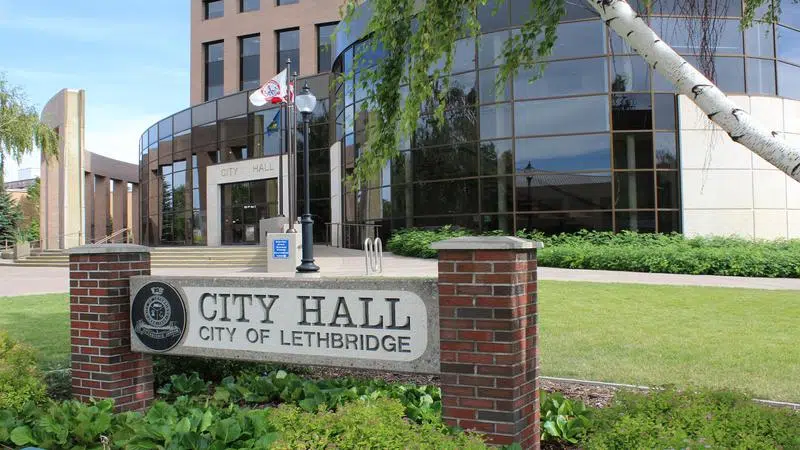
City on pace to reduce corporate carbon emissions by 35%
LETHBRIDGE, AB – If a series of capital projects go ahead over the next decade, the City of Lethbridge should achieve a proposed greenhouse gas (GHG) emissions reduction goal.
The city’s Environmental Sustainability Analyst Evan Comeau presented at Monday’s Community Issues Committee, suggesting that council implement a goal of reducing GHG emissions by 35 per cent under 2018’s levels by 2030.
This goal would only look at infrastructure owned by the local government. Later in 2020, he plans to set a target for lowering residential and commercial emissions.
“We just felt that, as a first presentation to council about greenhouse gas emissions, to sort of be cautious and to rely on the lower side of what we’d want.”



